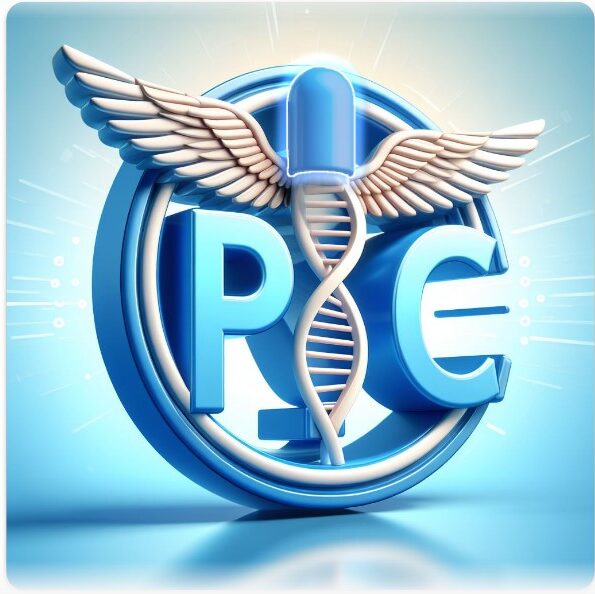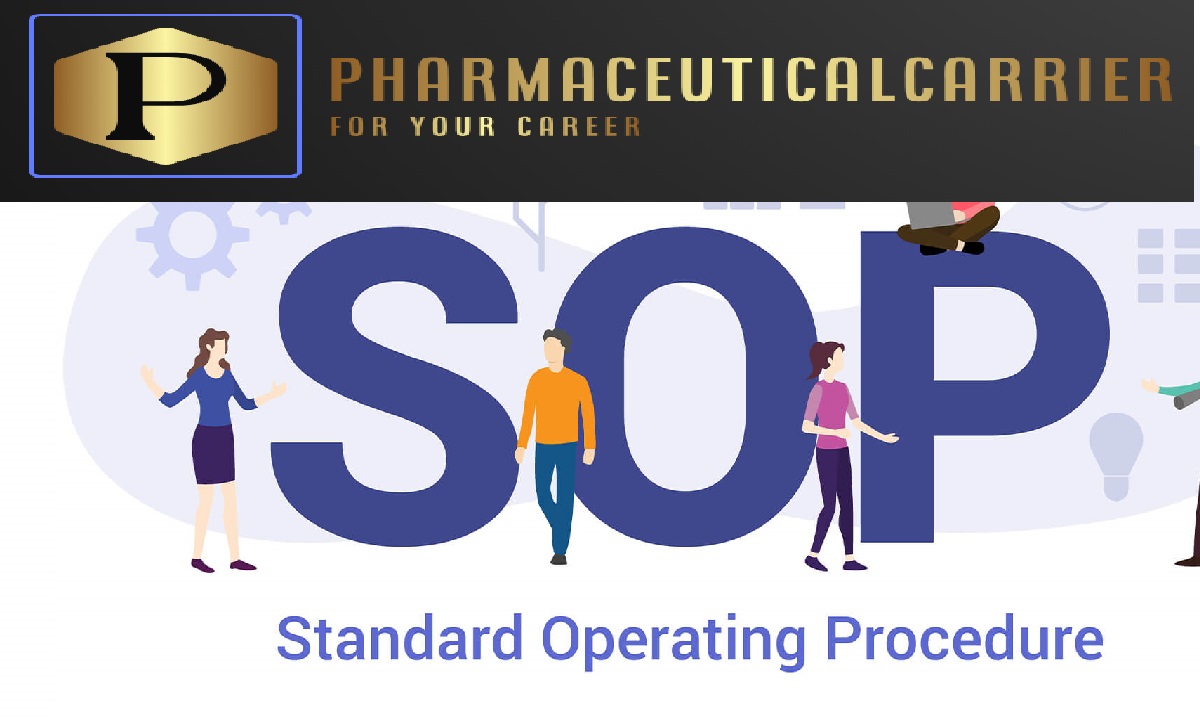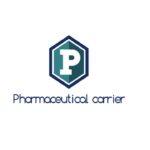1. Purpose of Calibration of Glassware in Pharmaceuticals
The purpose of this Standard Operating Procedure (SOP) for Calibration of Glassware in Pharmaceuticals is to outline the procedure for the calibration of glassware used in pharmaceutical processes within [Company Name]. This procedure ensures the accuracy and reliability of measurements made using glassware.
2. Scope of Calibration of Glassware in Pharmaceuticals
This SOP for Calibration of Glassware in Pharmaceuticals applies to all personnel responsible for using and maintaining glassware within [Company Name] pharmaceutical operations. It encompasses the procedures for glassware calibration, calibration standards, environmental conditions, and recordkeeping.
3. Definitions involved in Calibration of Glassware in Pharmaceuticals
3.1 Glassware:
Laboratory containers made of glass, such as beakers, flasks, pipettes, and burettes, used for various pharmaceutical processes.
4. Safety Precautions and Personal Protective Equipment (PPE)
4.1. PPE Requirements
4.1.1 Personnel involved in glassware calibration must wear appropriate PPE, including lab coats, safety goggles, and gloves.
4.1.2 Ensure that PPE is in good condition and properly fitted.
4.2. Chemical Safety
4.2.1 Handle any chemicals or solutions involved in the calibration with care, following manufacturer instructions and safety data sheets.
4.2.2 Store chemicals in designated areas away from incompatible substances.
5. Equipment and Materials
5.1. Calibration Standards
5.1.1 Ensure the availability of calibrated standards appropriate for the glassware being calibrated, such as volumetric flasks, pipettes, and certified weights.
5.1.2 Calibration standards should have certificates of calibration traceable to national standards.
5.2. Environmental Conditions
5.2.1 Perform glassware calibrations in a controlled environment with stable temperature and humidity conditions.
5.2.2 The temperature should be within the range specified by the calibration standards or relevant standards.
6. Glassware Calibration Procedure
6.1. Preliminary Checks
6.1.1 Inspect the glassware for cleanliness and any visible defects.
6.1.2 Ensure that the glassware is free from residues or contaminants that could affect calibration.
6.2. Calibration Setup
6.2.1 Use the appropriate calibration standards for the specific glassware.
6.2.2 Ensure that the calibration standards are clean and in good condition.
6.3. Calibration Process
6.3.1 Follow the manufacturer’s instructions for calibrating each type of glassware.
6.3.2 Record the calibration readings and any adjustments made.
7. Documentation and Recordkeeping
7.1. Calibration Records
7.1.1 Maintain detailed records of each calibration session, including the date, time, calibration standards used, calibration results, and any adjustments made.
7.1.2 Ensure that all records are signed, dated, and readily accessible for review.
- For more articles, Kindly Click here.
- For pharmaceutical jobs, follow us on LinkedIn
- For Editable SOPs in word format contact us on info@pharmaceuticalcarrier.com
- For more information kindly follow us on pharmaguidelines.co.uk
Pharmacareer team is a team of Experts from every department of Pharmaceutical industry having enriched experience. Experts have work experience of many multinational pharmaceutical industries worldwide.


